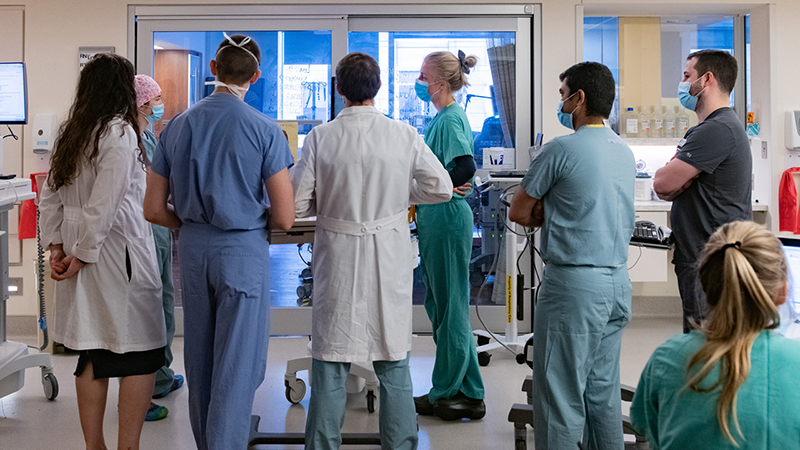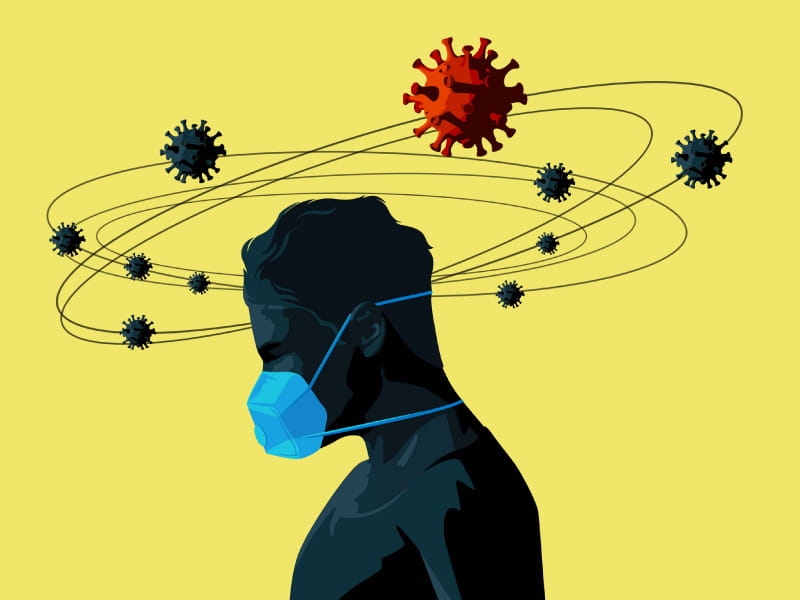
Can You Get COVID Twice in a Month?
In the midst of the ongoing pandemic, many questions linger regarding the nature and effects of COVID-19. One such question that has garnered significant attention is whether individuals can contract the virus multiple times within a short period, particularly within a month. In this article, we delve into the available scientific evidence and explore the factors that contribute to COVID-19 reinfection.
As the virus continues to evolve, new variants with altered characteristics emerge, affecting our understanding of infection patterns. However, based on current knowledge, it is possible for individuals to experience COVID-19 reinfection, even within a relatively short time frame. Factors such as the severity of the initial infection, the individual’s immune response, and the emergence of new variants can influence the likelihood of reinfection.
Understanding COVID-19 Reinfection
What is COVID-19 Reinfection?
COVID-19 reinfection refers to the occurrence of a new SARS-CoV-2 infection in an individual who has previously recovered from an initial infection.
Factors Contributing to COVID-19 Reinfection
- Initial Infection Severity: Studies have shown that individuals with mild or asymptomatic initial COVID-19 infections may have lower levels of neutralizing antibodies, increasing their susceptibility to reinfection.
- Immune Response: The strength and duration of an individual’s immune response to the initial infection play a crucial role. Individuals with weaker or waning immune responses may be more prone to reinfection.
- Emergence of New Variants: The emergence of new COVID-19 variants with genetic mutations can lead to increased transmissibility and the ability to evade existing immunity, contributing to reinfection.
Symptoms and Severity of COVID-19 Reinfection
The symptoms and severity of COVID-19 reinfection can vary depending on factors such as the individual’s immune status and the characteristics of the new variant. Some individuals may experience milder symptoms compared to their initial infection, while others may develop more severe illness.
Preventing COVID-19 Reinfection
While it’s possible to experience COVID-19 reinfection, there are steps individuals can take to reduce their risk:
- Vaccination: Vaccination remains the most effective way to protect against COVID-19 infection and reduce the risk of reinfection. Getting vaccinated and boosted provides a higher level of immunity and protection against severe illness.
- Infection Control Measures: Continuously practicing effective infection control measures, such as social distancing, mask-wearing in crowded settings, and frequent handwashing, helps minimize the risk of exposure and infection.
- Maintaining Good Health: A healthy lifestyle, including a balanced diet, regular exercise, and adequate sleep, supports a robust immune system, which plays a crucial role in fighting off infections.
Frequently Asked Questions
Q: Can I get COVID twice within a very short period, even within a month?
Yes, it is possible, but the likelihood depends on factors such as the severity of the initial infection, the individual’s immune response, and the emergence of new variants.
Q: Are the symptoms of reinfection different from those of the initial infection?
In some cases, yes. Symptoms may be milder or more severe, depending on various factors, including the individual’s immune status and the characteristics of the new variant.
Q: How can I reduce my risk of getting reinfected?
Vaccination, infection control measures, and maintaining overall health contribute to reducing the risk of COVID-19 reinfection.
Conclusion
Understanding the possibility of COVID-19 reinfection is crucial in navigating the ongoing pandemic. While reinfection is possible, vaccination, adherence to infection control measures, and maintaining a healthy lifestyle can help reduce the risk. As research and knowledge continue to evolve, it’s essential to stay informed and follow current guidelines to protect ourselves and others from the virus.
We encourage our readers to engage in further discussion and share their thoughts on this topic. Your experiences and insights can contribute to a more comprehensive understanding of COVID-19 reinfection.

Image: www.heart.org

Image: www.nbcnews.com
COVID-19 may be more likely to cause high blood pressure than the flu | American Heart Association Jan 15, 2024The short answer: You can get COVID twice. New strains of SARS-CoV-2, the virus that causes COVID, have emerged as the virus mutates. Those strains evolve to evade immunity, increasing your